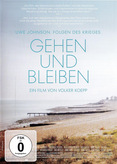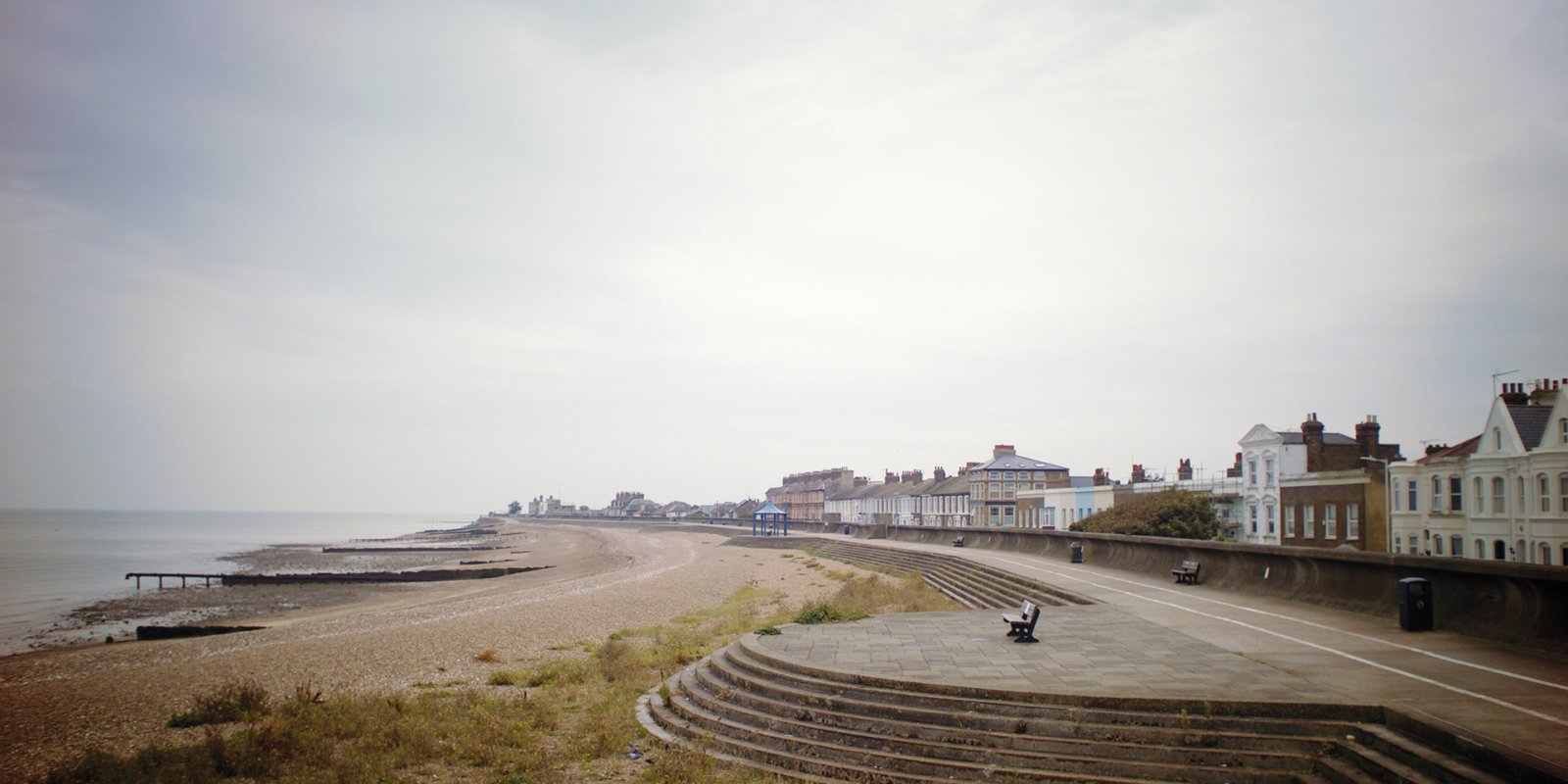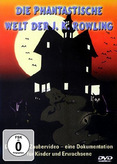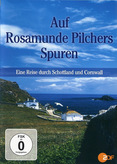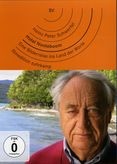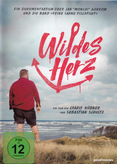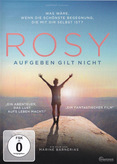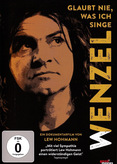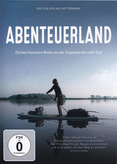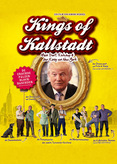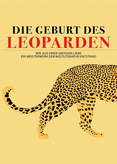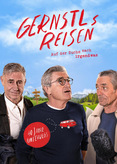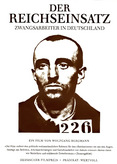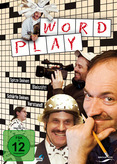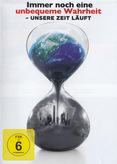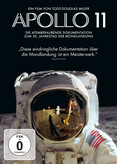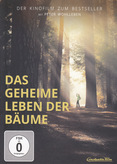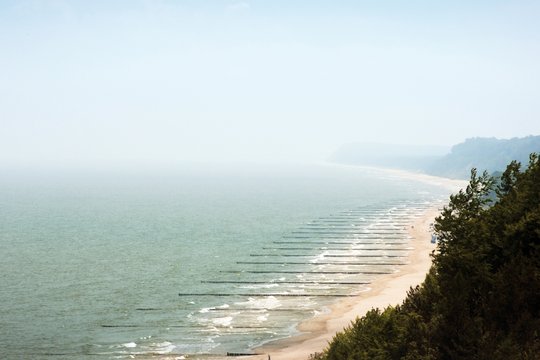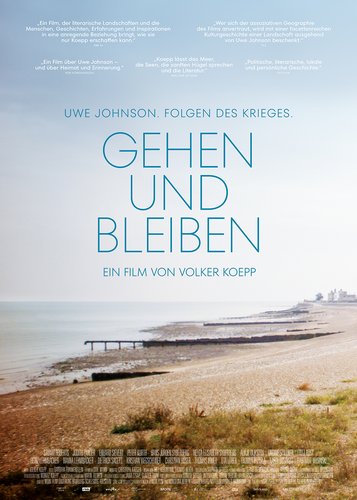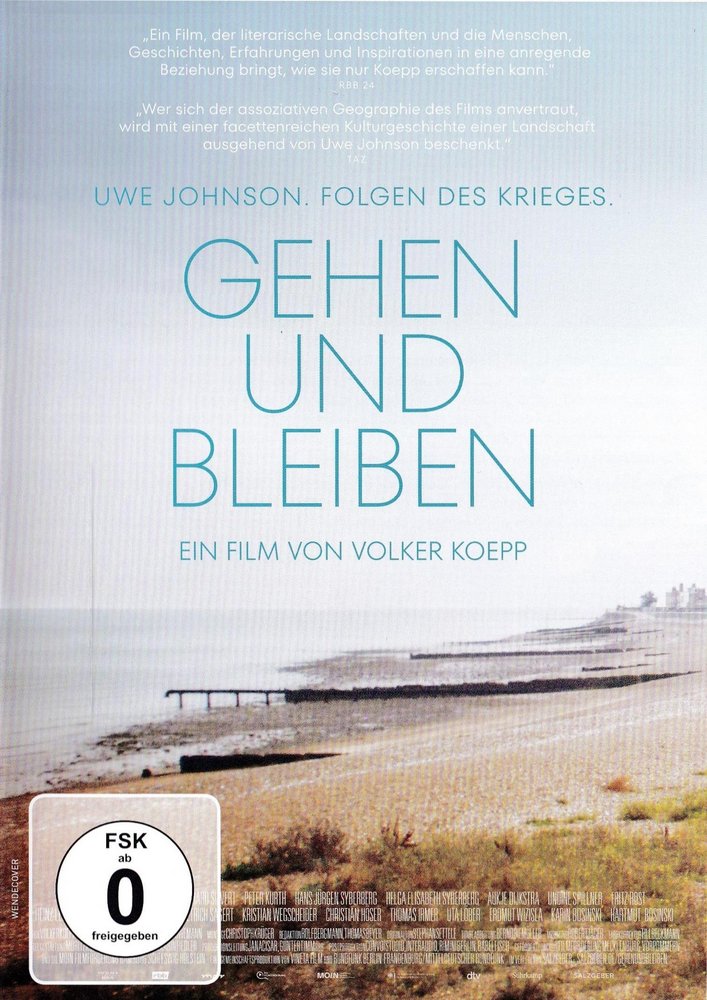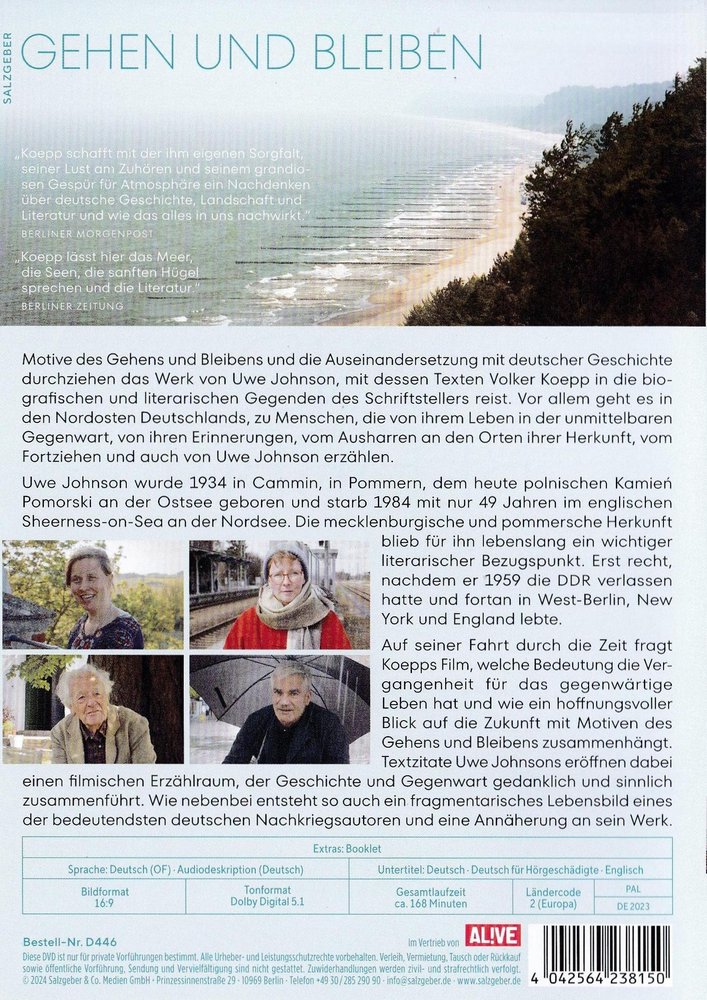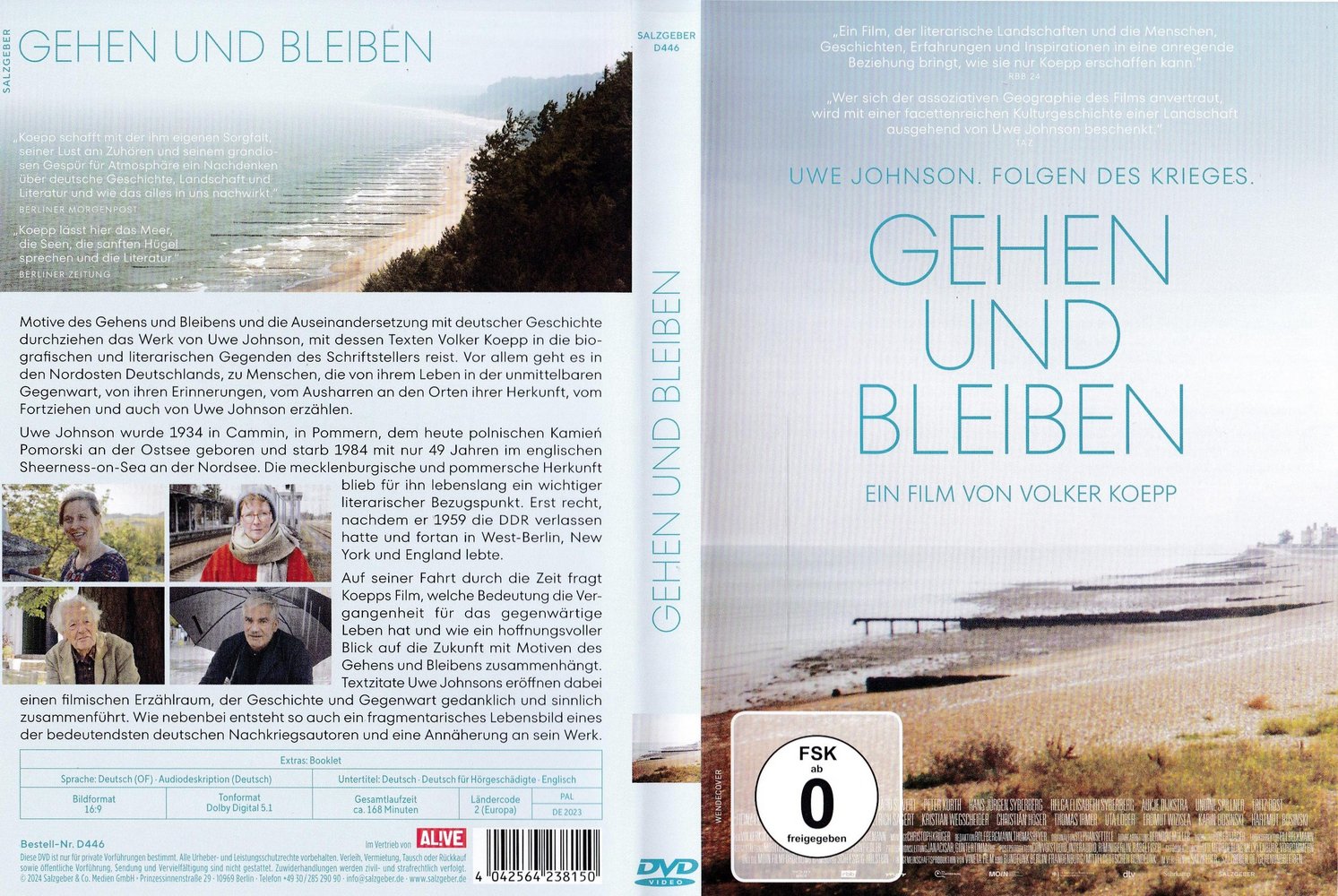Motive des Gehens und Bleibens und die Auseinandersetzung mit deutscher Geschichte durchziehen das Werk von Uwe Johnson (1934-1984), mit dessen Texten Volker Koepp in die biografischen und literarischen Gegenden des Schriftstellers reist. Vor allem geht es in den Nordosten Deutschlands, zu Menschen, die von ihrem Leben in der unmittelbaren Gegenwart, von ihren Erinnerungen, vom Ausharren an den Orten ihrer Herkunft, vom Fortziehen und auch von Johnson erzählen. Menschen, Orte und Landschaften im Nordosten Deutschlands, "wo der Wind grau und rauh vom Meer ins Land fällt", wie der Schriftsteller schrieb...
Auch von ihm, einem der bedeutendsten deutschen Nachkriegsautoren, erzählt Volker Koepp in seinem Dokumentarfilm 'Gehen und Bleiben' (2023). Uwe Johnson wurde 1934 in 'Cammin' in Pommern, dem heute polnischen 'Kamień Pomorski' an der Ostsee geboren und starb 1984 mit nur 49 Jahren im englischen 'Sheerness-on-Sea' an der Nordsee. Die mecklenburgische und pommersche Herkunft blieb für ihn lebenslang ein wichtiger literarischer Bezugspunkt. Erst recht, nachdem er 1959 die DDR verlassen hatte und fortan in West-Berlin, New York und England lebte. Motive des Gehens und Bleibens durchziehen sein Werk ebenso wie die Auseinandersetzung mit deutscher Geschichte, dem Zweiten Weltkrieg, deutscher Schuld und den "weiteren Folgen des Krieges", wie er es nannte. Hinzu kommen Erfahrungen als Schüler, Student und angehender Schriftsteller in der frühen DDR. Koepp reist mit Texten Johnsons in dessen biografische und literarische Gegenden. Etwa in die Fluss- und Seenlandschaft Mecklenburg-Vorpommerns zwischen Anklam und Güstrow und den nordöstlichen Zipfel Mecklenburgs, den Klützer Winkel oder auf das Fischland an der Ostsee bei Ahrenshoop. Hier begegnet er Menschen in ihrem gegenwärtigen Leben. Sie erzählen von ihren Erinnerungen, vom Gehen und Bleiben, vom Ausharren an den Orten der Herkunft, vom Fortziehen und auch von Johnson. 'Gehen und Bleiben' entstand in der Wirklichkeit der Jahre 2020 bis 2022, während der Pandemie und der Ausweitung des russischen Krieges auf die gesamte Ukraine. Auf seiner Fahrt durch die Zeit fragt der Film, welche Bedeutung die Vergangenheit für das gegenwärtige Leben hat und wie ein hoffnungsvoller Blick auf die Zukunft mit Motiven des Gehens und Bleibens zusammenhängt. Textzitate Johnsons eröffnen dabei einen filmischen Erzählraum, der Geschichte und Gegenwart gedanklich und sinnlich zusammenführt. Wie nebenbei entsteht so auch ein fragmentarisches Lebensbild des Schriftstellers und eine Annäherung an sein Werk.
Weiterlesen »
Motifs of leaving and staying and dealing with German history permeate the work of Uwe Johnson (1934-1984), with whose texts Volker Koepp travels to the biographical and literary areas of the writer. Above all, it goes to the northeast of Germany, to people who talk about their lives in the immediate present, about their memories, about persevering in the places where they came from, about moving away and also about Johnson. People, places and landscapes in northeastern Germany, "where the wind falls gray and rough from the sea into the land," as the writer wrote...
Volker Koepp also tells the story of him, one of the most important German post-war authors, in his documentary 'Walking and Staying' (2023). Uwe Johnson was born in 1934 in 'Cammin' in Pomerania, now Poland's 'Kamień Pomorski' on the Baltic Sea, and died in 1984 at the age of only 49 in 'Sheerness-on-Sea' on the North Sea, England. His Mecklenburg and Pomeranian origins remained an important literary point of reference for him throughout his life. Especially after he left the GDR in 1959 and lived in West Berlin, New York and England. Motifs of leaving and staying run through his work as well as the examination of German history, the Second World War, German guilt and the "further consequences of the war", as he called it. In addition, there are experiences as a pupil, student and aspiring writer in the early GDR. Koepp travels with Johnson's texts to his biographical and literary areas. For example, to the river and lake landscape of Mecklenburg-Western Pomerania between Anklam and Güstrow and the northeastern tip of Mecklenburg, the Klützer Winkel or to the Fischland on the Baltic Sea near Ahrenshoop. Here he meets people in their present lives. They talk about their memories, about going and staying, about persevering in the places of origin, about moving away and also about Johnson. 'Go and Stay' was created in the reality of the years 2020 to 2022, during the pandemic and the spread of the Russian war to the whole of Ukraine. On its journey through time, the film asks what significance the past has for present life and how a hopeful view of the future is related to motives of leaving and staying. Text quotes from Johnson open up a cinematic narrative space that brings together history and the present in thought and sensuality. As if in passing, this also creates a fragmentary portrait of the writer's life and an approach to his work.
More »
